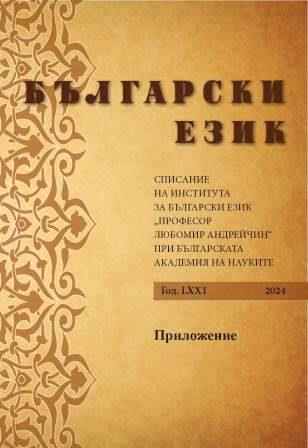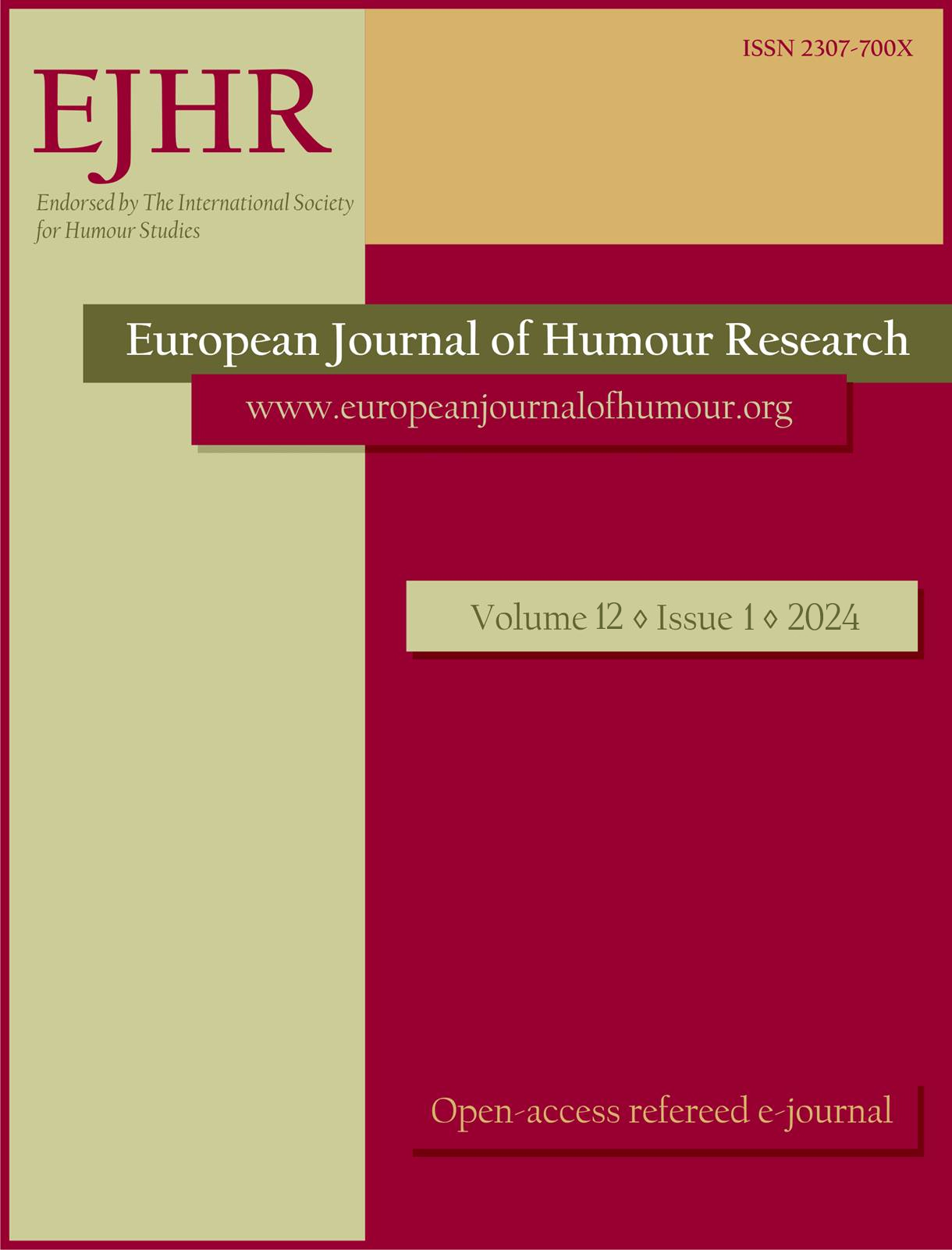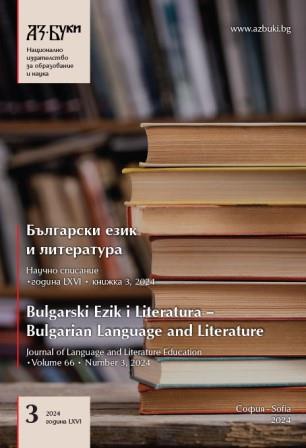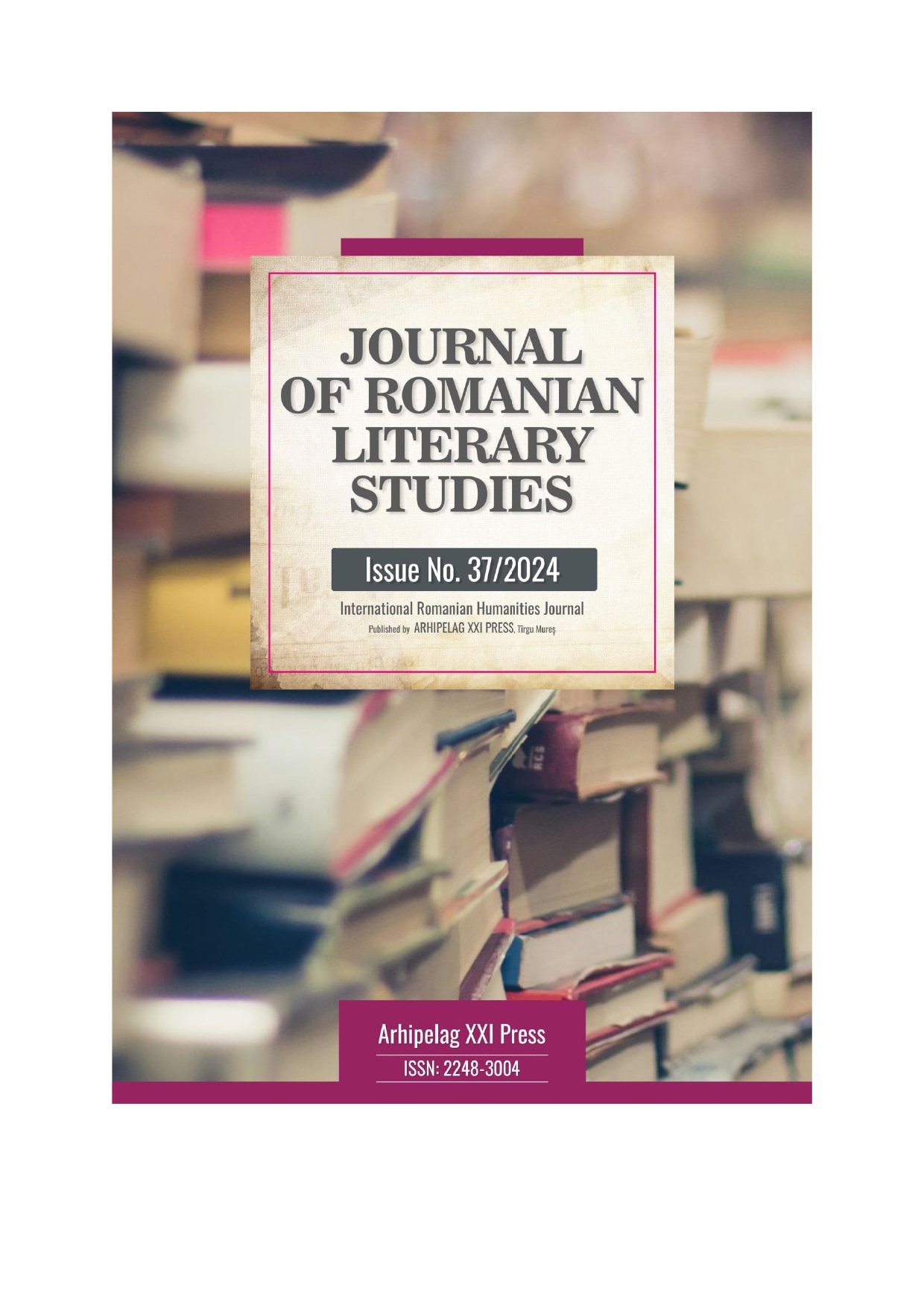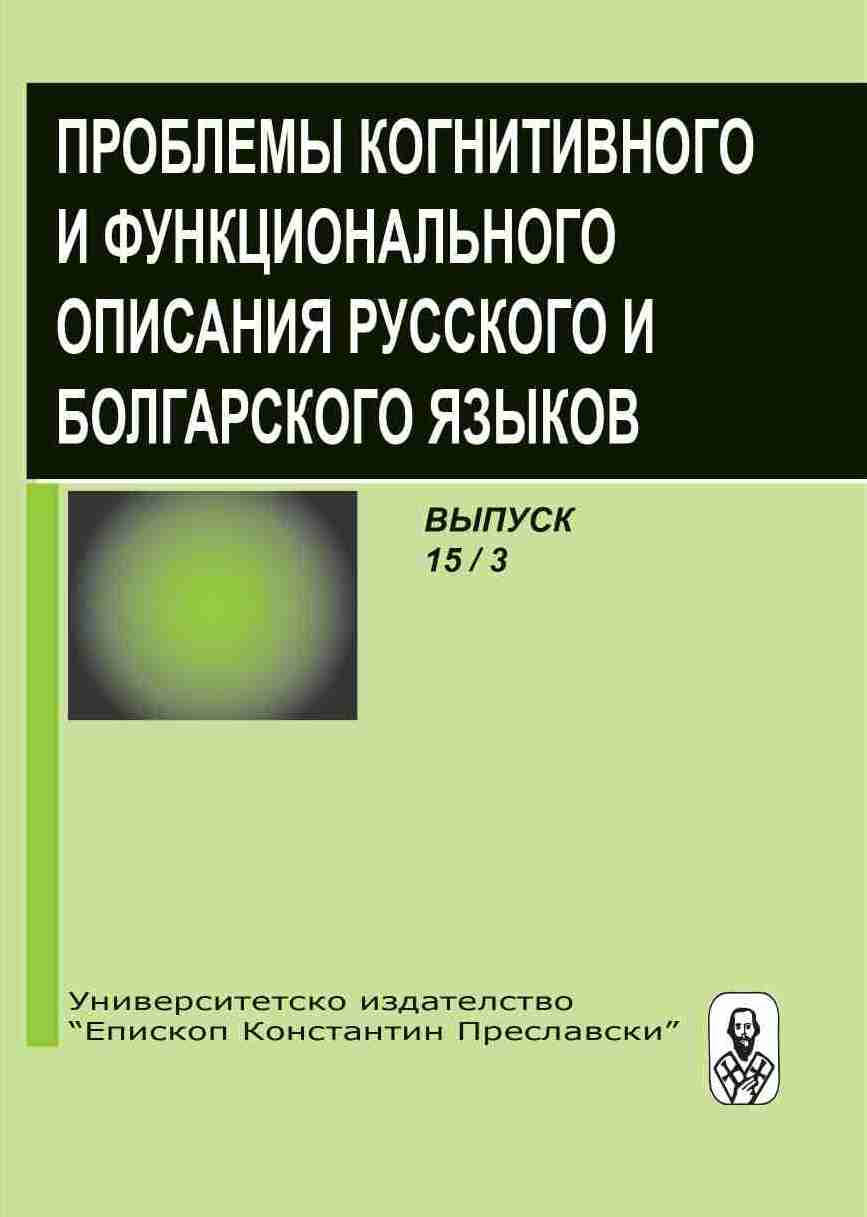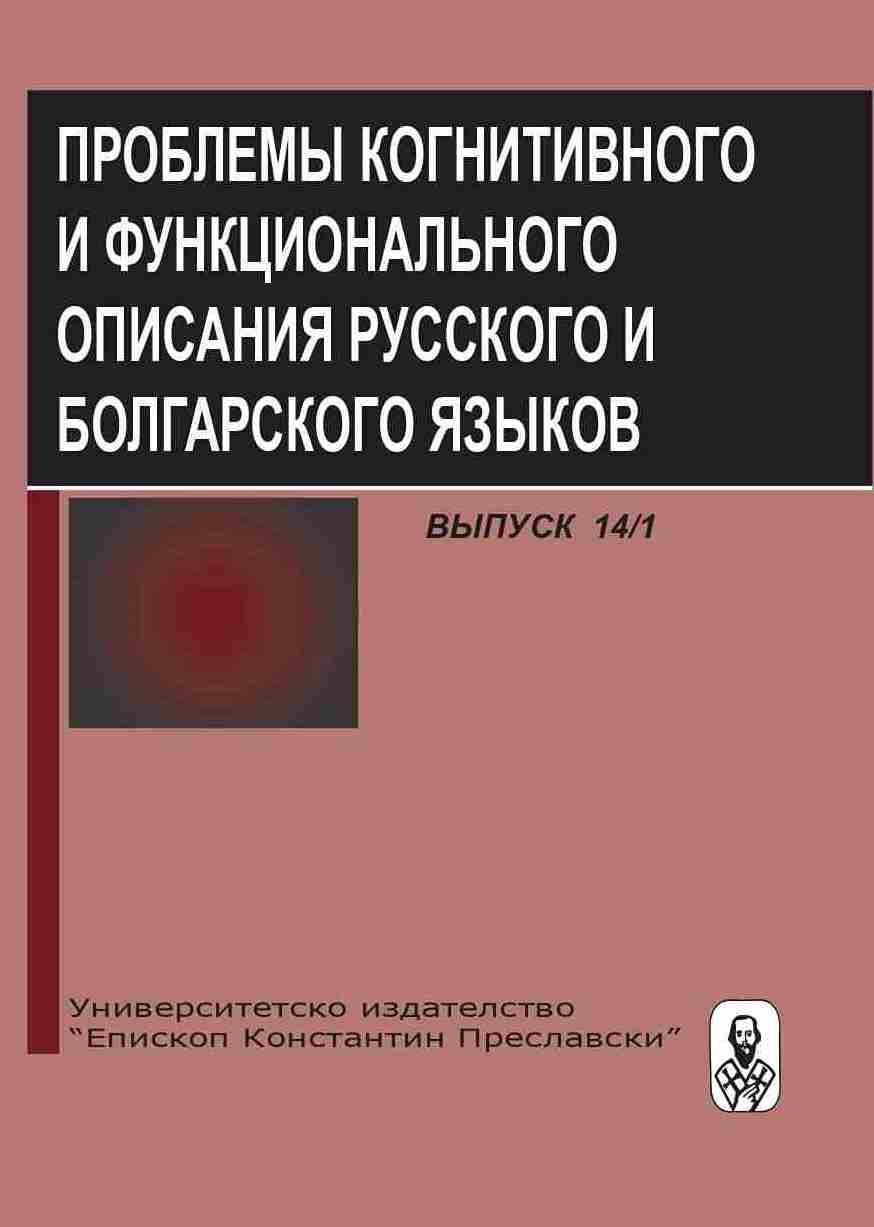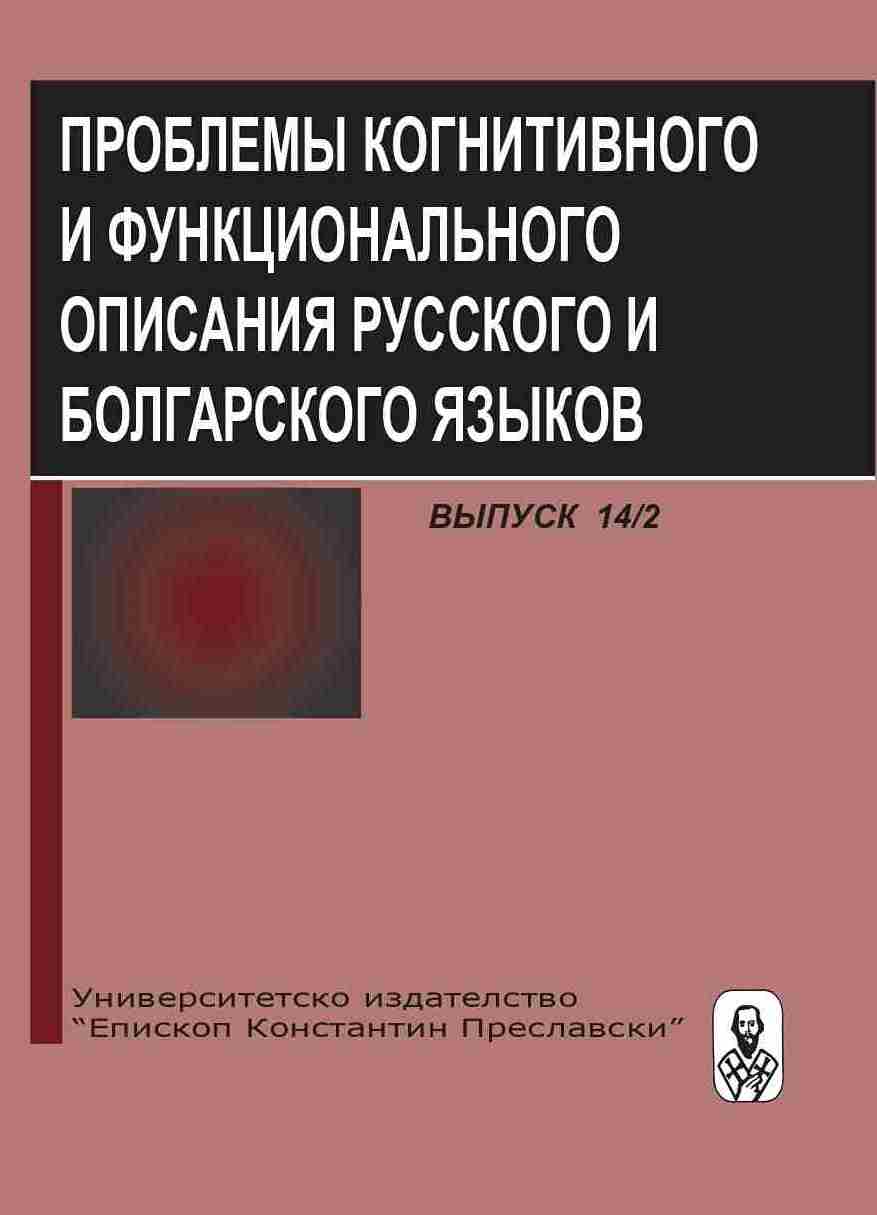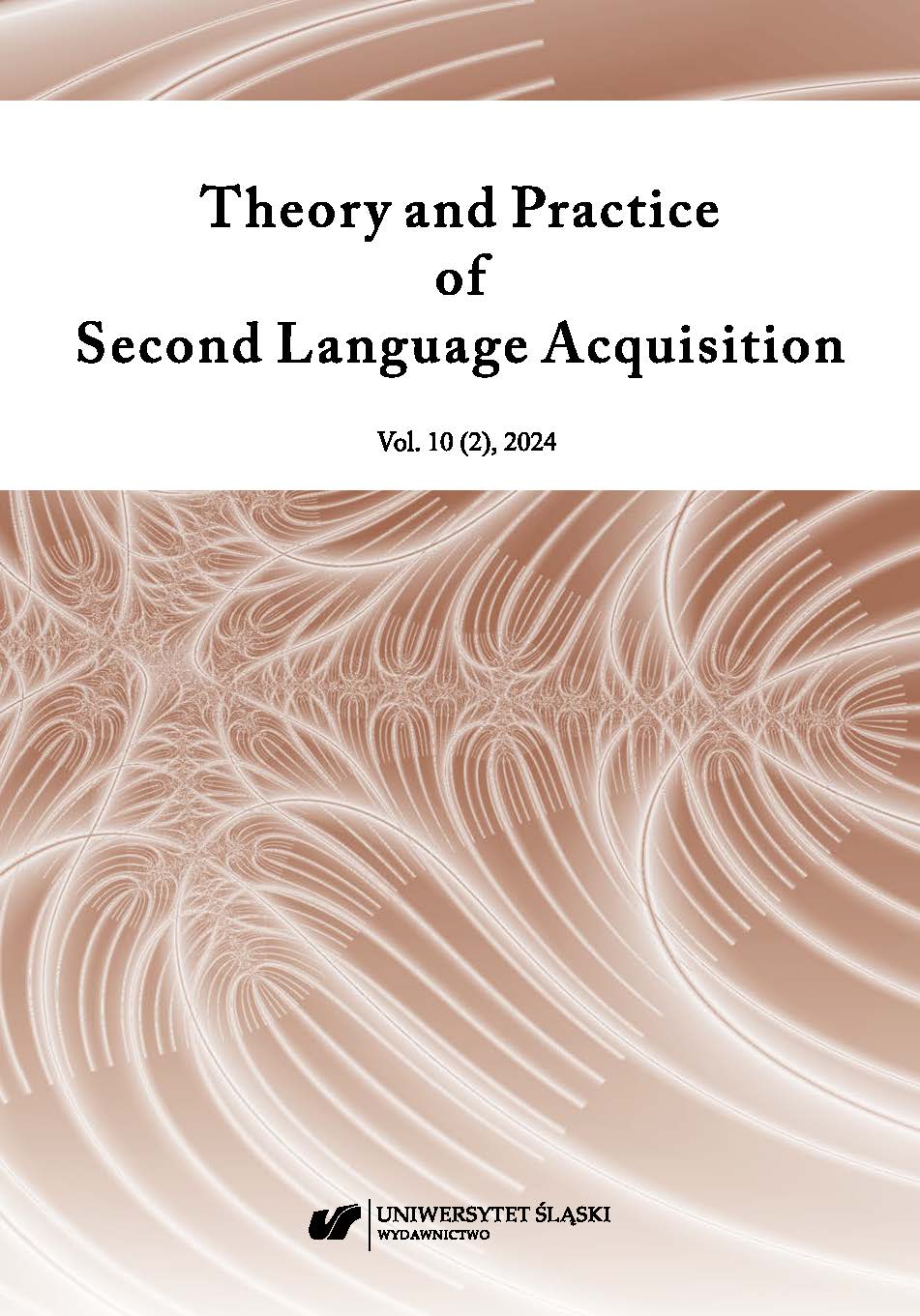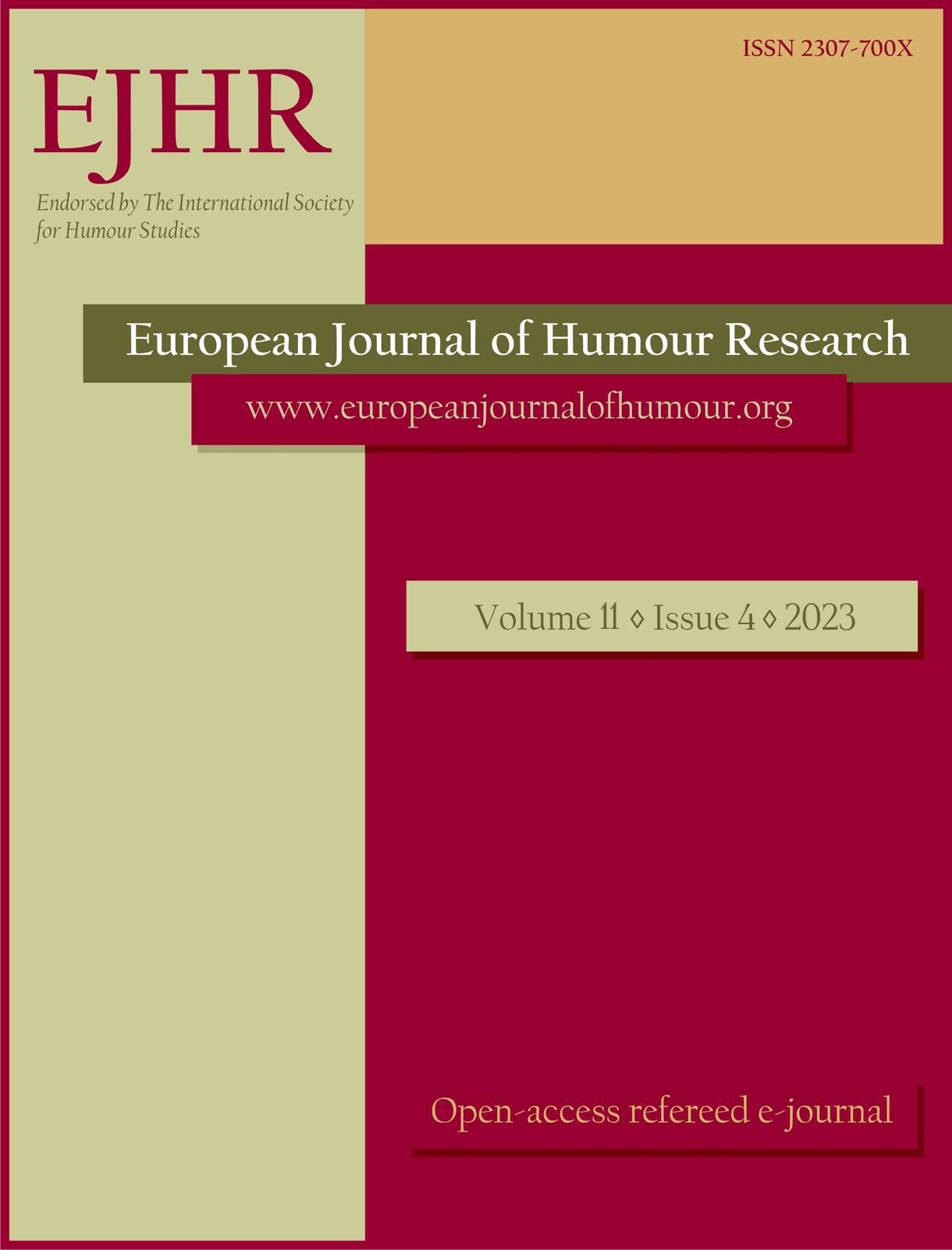
Genre and stylistic markers of Ukrainian folk jokes
This article focuses on the study of Ukrainian social and domestic folk jokes that contain information about the life of people, their habits, customs, traditions, and relations, and ridicule the weak sides of Ukrainians. The research material comprises 311 folk jokes that date back to the second part of the 19th century – the beginning of the 20th century. They are selected from the collection by M.V. Nagornyi (1940) and the book of Ukrainian folk satire and humour (1959). The goal of the research is to study the main genre and stylistic markers of Ukrainian folk jokes. It is noted that Ukrainian folk jokes have a form of dialogue. Ukrainians’ longstanding tradition of self-deprecating humour is also mentioned. The stylistic markers of the texts under consideration are the choice of vocabulary with diminutive suffixes, a wide range of expressive means, and stylistic devices that are a basis for achieving humorous effects. Diminutive suffixes are proved to have acquired specific characteristics in folk jokes giving positive or negative evaluation. Ukrainian social and domestic folk jokes, some of which take the form of joke-stories, are distinguished by precision, witty expression, and concise and dynamically constructed plot. The future research might involve the detailed study of the peculiarities of the Ukrainian social and domestic jokes of the third millennium, focusing on their linguistic and extra-linguistic features.
More...
